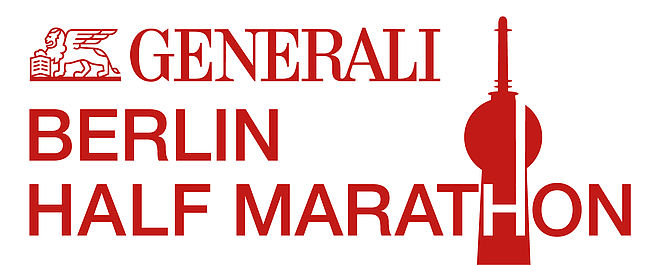<st1:place></st1:place>
<o:p></o:p>The idea of running a marathon is infernal
enough for most people, but to run it indoors would be like a modern version of
Dante’s Circles of Hell. Yet indoor marathons were all the rage a century ago,
after the controversial finish to the Olympic marathon in
<st1:city>
<st1:place>London</st1:place></st1:city> 1908. Dorando
Pietri came into the stadium five minutes ahead of his pursuers, but the
Italian was so exhausted that he collapsed half a dozen times and had to be
helped across the line, thus getting disqualified. Johnny Hayes of the
<st1:country-region>
<st1:place>USA</st1:place></st1:country-region> was
declared the winner, but Dorando became famous. And they both made a fortune
from a series of subsequent races in
<st1:state>
<st1:place>New York</st1:place></st1:state>, which
had to be indoors, in order to entice paying spectators. Dorando won most of
their duels, but after 400 laps of the track the pair deserved every dollar
they won. When they retired, indoor marathoning effectively died with them. But
it has a minor resurrection in Sunday’s annual Frankfurt Marathon, 24th of the
line, in that the last 100 metres of the race takes the runners off the
pavement and into the ‘Gut Stubb’ the city centre Festival Hall, where a
fireworks display and brass band await them, along with 10,000 rowdy spectators
lubricated (since this is Germany) by the inevitable steins of beer.
<o:p> </o:p>
The noisy haven of the finish line will be
all the more welcome this year, since the unseasonable weather promises a
torrid time for the 42.195 kilometre trek through the streets of
<st1:place>Europe</st1:place>’s biggest expo city. Incidentally,
the organisers have bowed to all-round pressure to rename this race the Messe Frankfurt
Marathon. However, after much cooler weather in the last couple of years,
when the race was known as the Eurocity Marathon, the leading question
<o:p></o:p> is, can Boaz Kimayai (from
<st1:country-region>
<st1:place>Kenya</st1:place></st1:country-region>, as
inevitably as the German beer) make it a hat trick of victories?
<o:p> </o:p>
The projected 22C for Sunday morning will
probably rule out a third successive course record for Kimaiyo too - he ran
2.9.10 last year - but with the runner still in transit Friday morning, it was
left to his manager Federico Rosa to say, “I would say Boaz is in the same
shape as last year, when he set the course record, but a new record depends on
the weather” . Principal opposition comes from his compatriot, Philip Tarus,
whose personal best of 2.08.33 dates from his victory in the inaugural Rock &
Roll Marathon in 1999. Â Tarus has never heard of the Eagles’ hit, “Hotel
California,” but he created something similar; following his win there, he
built a hotel back in
<st1:country-region>
<st1:place>Kenya</st1:place></st1:country-region>, and called it the Hotel San Diego!
<o:p> </o:p>
One European who may challenge for victory
is Leonid Shevetsov, who finished second here two years ago, and distinguished
himself with 13th at the Olympic Games in
<st1:city>
<st1:place>Athens</st1:place></st1:city>. The Russian
can obviously handle the heat, and said, “If the pacing is smooth, I hope to
have a chance to win. Last year, the pacing was so erratic, I think Kimaiyo did
well to survive and set the record”.
<o:p> </o:p>
If Marleen Renders is anywhere near optimum
form after two operations on her right hamstring, it is hard to see anyone
getting near her in the women’s race. The Belgian has the unusual record of
having bettered her time in each of her successive marathons over the last ten
years. She made her debut at home in Antwerp, with a victory in 2.28.59 in
1995; then following a third in Berlin ‘96, a second in Rotterdam ‘97 and a
fourth in London ‘98, she has won Berlin twice and Paris twice, the latter in
2.23.05 in 2002. Then the hamstring problems began to kick in, but she said on
Friday, “Everything seems fine now. I’ve spent two good months training in
<st1:country-region>
<st1:place>Switzerland</st1:place></st1:country-region>, and the only worry I have is that the weather may be a little too
warm”.
<st1:country-region>
<st1:place></st1:place></st1:country-region>
Germany is the country where the second wave of the mass-running took
really took hold at the turn of the century, and
<st1:place>Frankfurt</st1:place> is benefiting too:
there will be over 17,000 competitors in the various races on Sunday morning,
with a projected record 11,000 in the full marathon.
PAT BUTCHER


